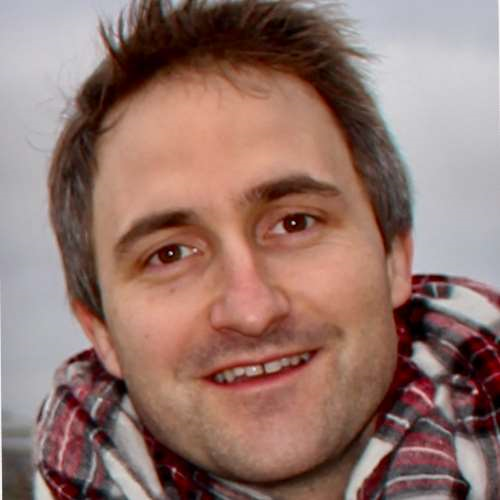
Once upon a time, in a small town in wonderful Provence known by the name of Manosque, best known today, however, for being home to the international tokamak project, a boy was born to a local couple of chemists and was given the name of Frédéric. These parents decided to give him some education and sent him far away from his native Provence to the Ecole Normale Supérieure de Lyon.
Fred was a great Ph.D. student, acquiring a strong background in chemistry from Janne Blichert-Toft and also learning how to solve more esoteric scientific problems with the rest of us. From 2002 to 2006, his Ph.D. in Lyon was a time not only of great friendship and fun but also of uplifting projects. Except for iron, nobody had ever before explored the isotopic variability of transition elements. Fred’s work on meteorites, lunar rocks, and plants is strong and original. One of his greatest strengths (sorry, Fred, but this is a rare quality) is to never shy away from learning from his own mistakes and to see science before pride. This was also the time a new friendship grew up, this time with Toshi Fujii, which would prove very productive. Although Janne and I advised a number of great Ph.D. students in Lyon, Fred was clearly among the better ones.
Then he had to find a job, and he flew across the great pond and all of the continental United States to work with our old friend and great scientist Qing-zhu Yin at the University of California, Davis. Their work on chromium isotopes on early condensates was a landmark. Qing-zhu also taught him the art of having an independent mind. Then Fred was hired by Washington University in St. Louis, and this is where he really made his name. His work on stable isotope fractionation, both mass dependent and mass independent, and extinct radioactivities earned him both a standing in the community and his tenure. The paper of his great surgeon-student Randy Paniello on zinc volatility during the lunar giant impact truly stirred the community and represents a great recognition for the “small” isotopes Fred personifies. Fred’s contribution to medical applications of transition metal isotopes is also particularly promising.
Mostly for family reasons, Fred is now moving to Paris, and all I wish for him is to be welcomed as warmly as he was in St. Louis. His future is bright, and his star is still rising.
It is my great pleasure and honor to present to you today Frédéric Moynier for the Kuno Award.
—FRANCIS ALBARÈDE, Ecole Normale Supérieure Lyon, Lyon, France


